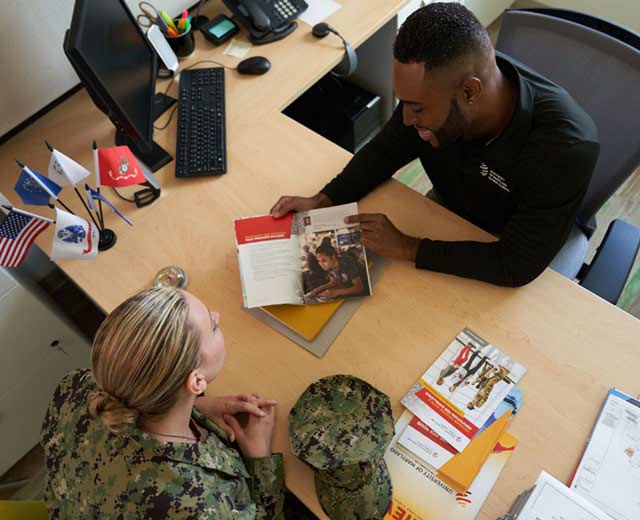Unlock Your Career Potential
This online master’s program is designed to help you prepare for mid- and senior-level positions in both the federal government and private institutions. The skills you gain in this program are universal and can translate to most industries in the public and private sectors. Potential job titles include intelligence analyst, cybersecurity specialist, emergency management director, border patrol agent, and counterterrorism analyst.


/blog-umgc-security-clearance-jobs-linklist-shutterstock_171901520.jpg)
/blog-umgc-crowdstrike-outage-cybersecurity-linklist-shutterstock-2491319607.jpg)


